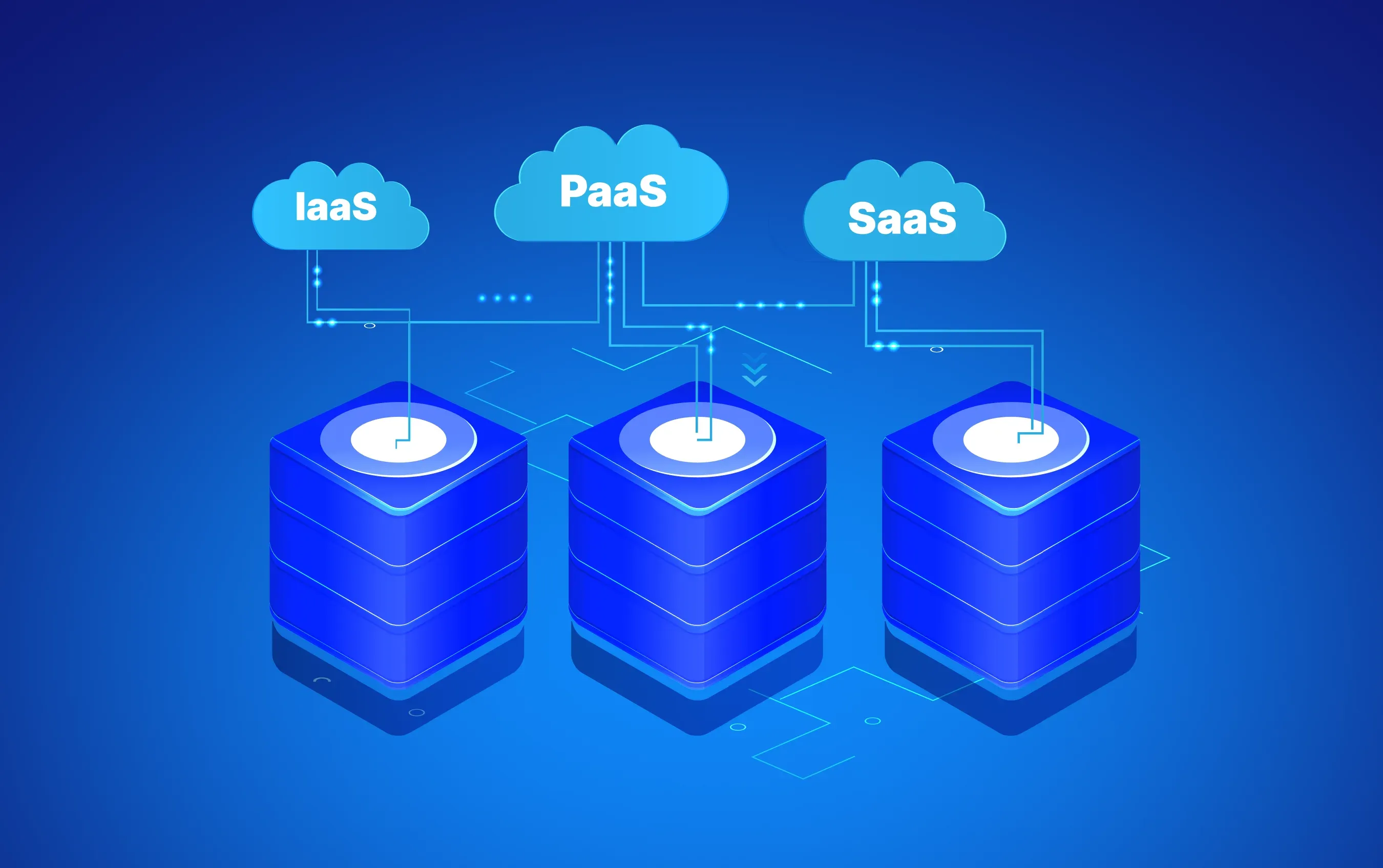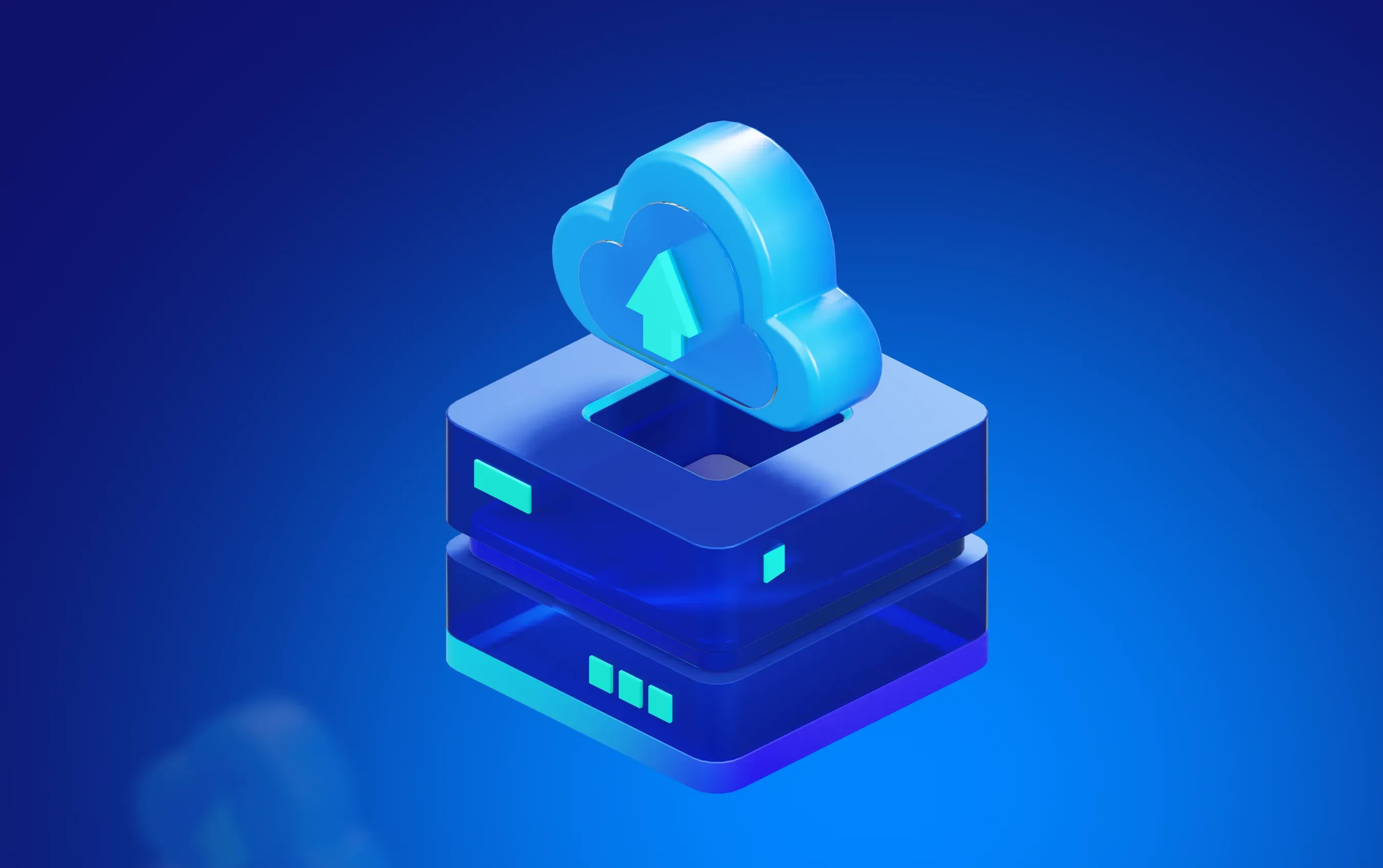In diesem Artikel

The most affordable method to purchase crypto with fiat in 2025 will usually be determined by your location, payment card, and the fee schedule of the platform. Bank transfers using platforms like Kraken, Binance, or Coinbase Advanced usually come with lower fees than credit card buying. Fee discounts are also available on some platforms for native token holders or large-volume users. Be sure to compare spreads, transaction costs, and concealed conversion fees.
On-ramp payments refer to scenarios where users swap fiat money (like USD or EUR) for crypto. Off-ramp payments, on the other hand, refer to swapping crypto for fiat. On-ramps are used when going into the crypto system, and off-ramps allow users to exit and spend and withdraw their money in real cash.
Fiat, in cryptocurrency jargon, refers to government money such as the US dollar, euro, or British pound. Fiat is the starting point to purchase crypto and the concluding point to sell crypto into normal money via off-ramp services.
There are a few decentralized or P2P exchanges that offer no-KYC or limited-KYC, especially for low-traffic trades. They are LocalCryptos, Bisq, and some local P2P alternatives on Binance or OKX. But the majority of the registered platforms now require KYC to comply with local regulations as well as to combat fraud.
Providers like MoonPay, Transak, Coinbase, and Binance allow users to buy crypto with debit cards, Apple Pay, or Google Pay. These services are oriented to quickness and convenience, if maybe slightly pricier than bank transfers.
Yes, most modern on-ramp providers like MoonPay, Transak, Ramp Network, and Coinbase already have Apple Pay and Google Pay integration. These enable customers to purchase crypto with little resistance, especially on mobile.
Yes, on-ramps such as Transak and MoonPay integrated into wallets, exchanges, and DeFi applications are usually employed to execute fiat-to-crypto purchases. They are subject to regulation in most jurisdictions, have anti-fraud safeguards, and offer KYC processing. Fees and availability will be based on region, however.
Yes. For all but a few jurisdictions, buying crypto on an on-ramp is a tax event, and your personal details can be shared with the taxman under the platform's compliance policy. Keeping records of transactions and checking local taxation law on crypto transactions is recommended.
Nächste Einsicht





